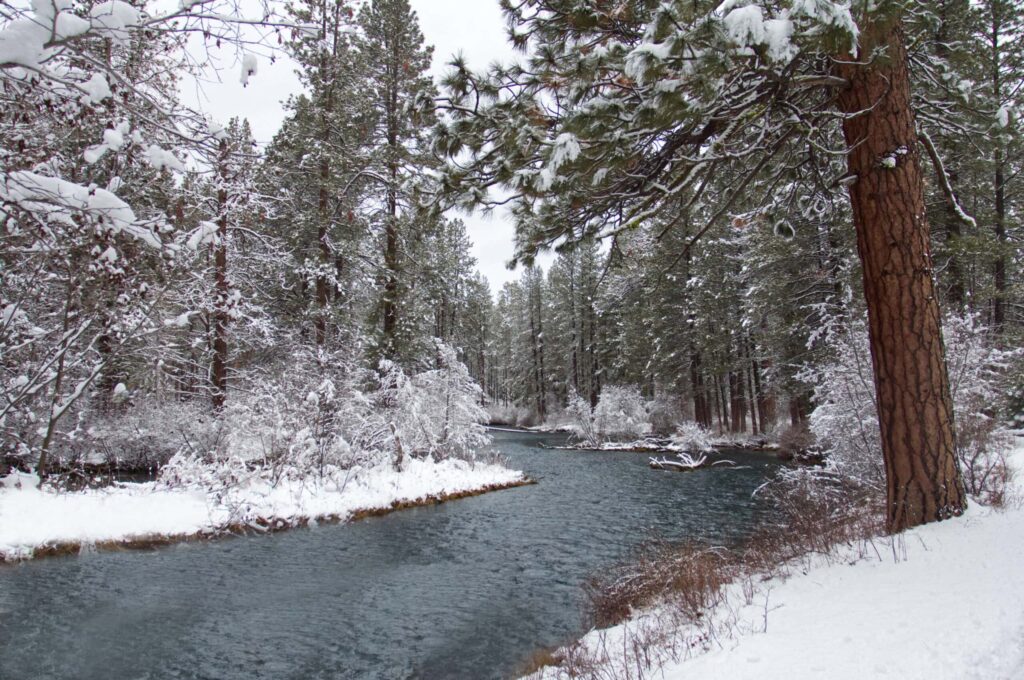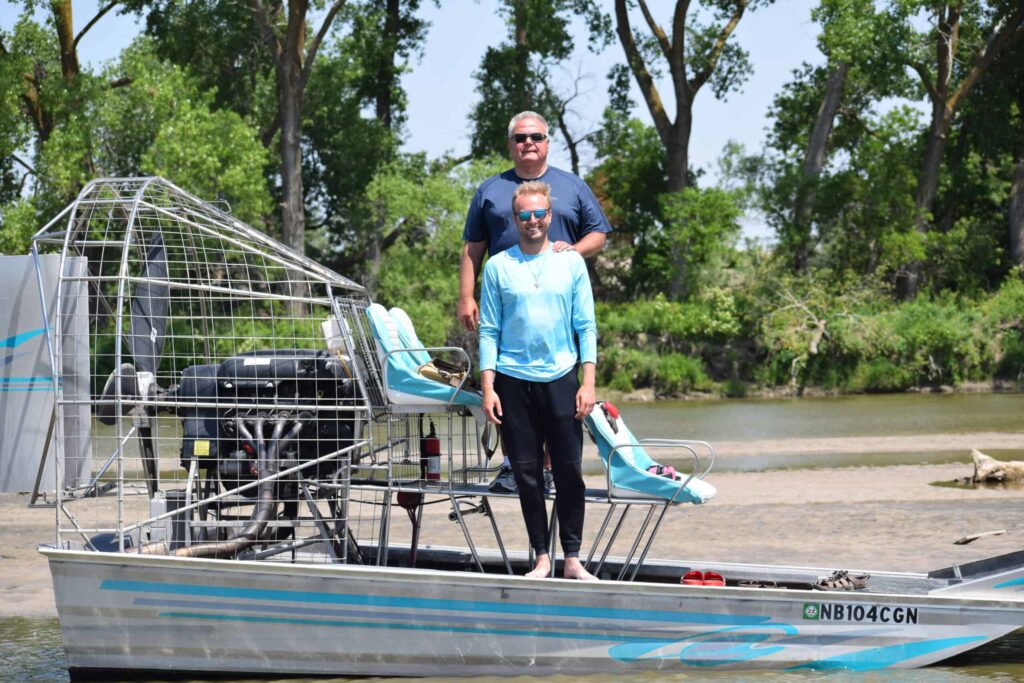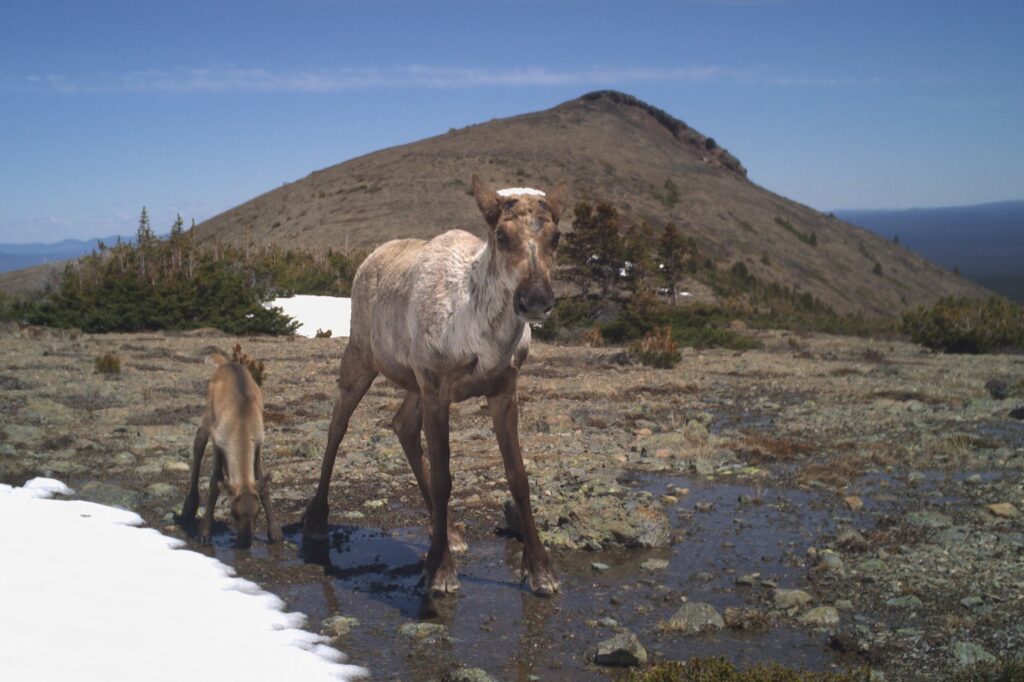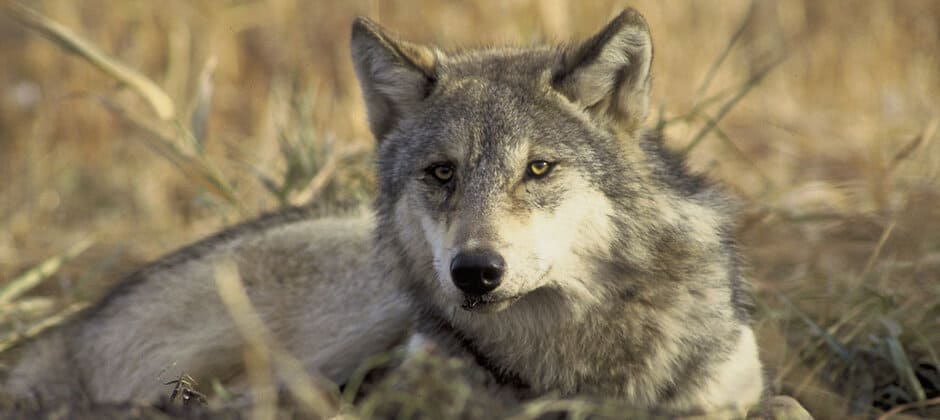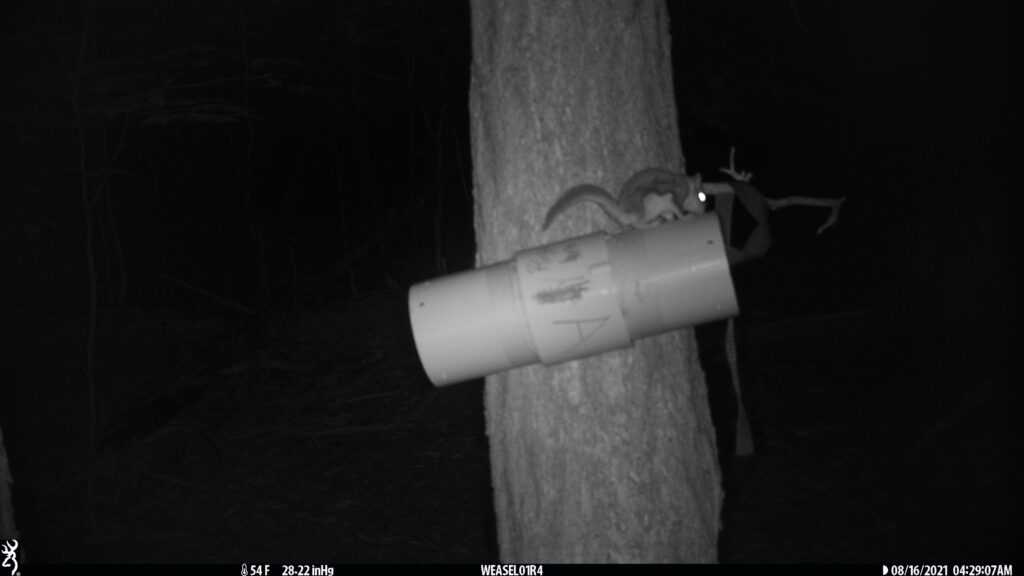Wisconsin’s Department of Natural Resources set the quota for the upcoming wolf hunting season at 130 animals, contravening the state’s Natural Resources Board.
The DNR biologists had recommended a quota of 130 gray wolves (Canis lupis) to the board earlier this year. But despite that recommendation from the agency’s scientists, the board of politically appointed individuals approved a quota of 300 animals for the season starting on Nov. 6.
However, the agency recently asserted its authority to make the final decision on wolf harvest quotas. “The department is authorized by state statute and the department’s rules to make the final decision on the quota for the fall 2021 wolf harvest,” it said in a press release. “In determining the quota, the department considered the best available information and scientific modeling, as well as the input from the Wolf Harvest Committee, the Natural Resources Board and the many groups and members of the public who provided comments to the department and the board.”
The agency’s move will likely add fodder to a continual debate over wolf management in the state—and across the U.S.
Wolf populations have been on the rise in Wisconsin in recent years, leading to management conflicts. The most recent population estimate from winter 2019-2020 is about 1,000 animals. The state’s current management plan calls for maintaining 350 wolves, although there is debate about whether that is a goal or a minimum. The agency is in the process of updating that plan.
In January, the U.S. Fish and Wildlife Service delisted gray wolves in the contiguous United States from the Endangered Species Act, returning management of wolves to state agencies and tribes. Under state law, the DNR must hold a wolf season between November and February every year that wolves are not listed under the federal ESA or the state endangered species list.
Following the delisting announcement by the USFWS in January, the Wisconsin DNR stated that it would not hold a hunt in February due to the limited time it had to develop science-based harvest quotas or to engage the public and tribal partners. A hunter advocacy group subsequently sued the agency, which was ordered to hold a hunt by the courts. The hunt was held in February, with a quota of 119 wolves, plus 81 wolves allocated to tribes. Within four days, 218 wolves were harvested, and the season ended.
Agency biologists, still unsure of the population-level effects of the February hunt, recommended a quota of 130 this fall. The Natural Resource Board, however, wanted a higher quota, with some members suggesting harvest targets as high as 500, before it settled on 300.
Two lawsuits have been filed to stop the November hunt. Hearings will begin soon.
For more information, check out TWS’ issue statement on wolf management in the contiguous United States.
Article by Laura Bies

